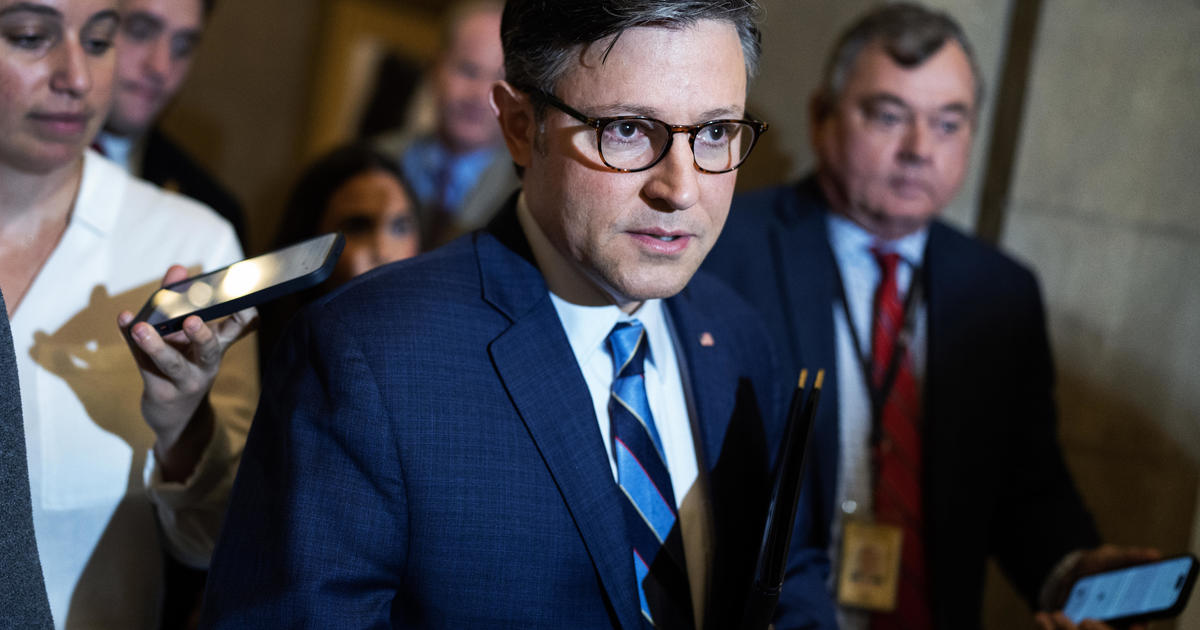The House of Representatives is facing a crucial vote on Wednesday to keep the government funded with less than two weeks remaining before a potential government shutdown. However, the measure is encountering resistance due to a contentious provision related to noncitizen voting, which Democrats view as a poison pill. Even among Republicans, there may not be enough support for the bill to pass.
House Speaker Mike Johnson announced on Tuesday that the House would proceed with the vote after previously delaying it due to opposition within his own party. Given the slim majority held by Democrats in the House, just a few dissenting Republicans could derail the partisan legislation. The bill in question is a continuing resolution that would fund the government through March 28 but includes a provision known as the SAVE Act, which seeks to address illegal voting by requiring proof of citizenship to register for federal elections. Despite the fact that only U.S. citizens are eligible to vote in federal elections under current law, the bill has faced pushback from Democrats.
The inclusion of the voting measure is seen as an attempt to appease House conservatives who often oppose short-term funding measures. Whether this tactic will be successful in securing their support remains uncertain. The legislation has already passed the House earlier in the year, signaling potential challenges for its passage this time around.
The bill’s provision has also drawn criticism from defense hawks, who are concerned about the impact of a six-month continuing resolution on defense spending. Nevertheless, House Republican leadership has opted for the longer funding timeline, possibly to gain leverage in future negotiations, especially if former President Donald Trump were to return to the White House.
The diverse opposition to the measure has made its passage in the House an uphill battle. Despite the challenges, Speaker Johnson has not presented an alternative plan and is focused on rallying support for the current proposal. With the September 30 deadline looming, Johnson emphasized the importance of passing the bill and pledged to work tirelessly to achieve that goal.
In the Senate, Republicans have deferred to the House, with Minority Leader Mitch McConnell stating that they are waiting to see what legislation the House sends them. McConnell underscored the necessity of avoiding a government shutdown, particularly before the upcoming election, to prevent Republicans from shouldering the blame for any disruption in government operations.
On the other side of the aisle, Senate Democrats have criticized Speaker Johnson for prolonging the legislative process and called for swift action to avert a potential shutdown. The political dynamics surrounding the funding bill are complex, with various factions within both parties expressing reservations about the proposed legislation.
The upcoming vote in the House is expected to be a closely watched affair, with the outcome likely to have far-reaching implications for government operations and future negotiations. As lawmakers navigate the intricate political landscape, the fate of the funding bill hangs in the balance, with key decisions set to determine the path forward for government funding and potential shutdown risks.









